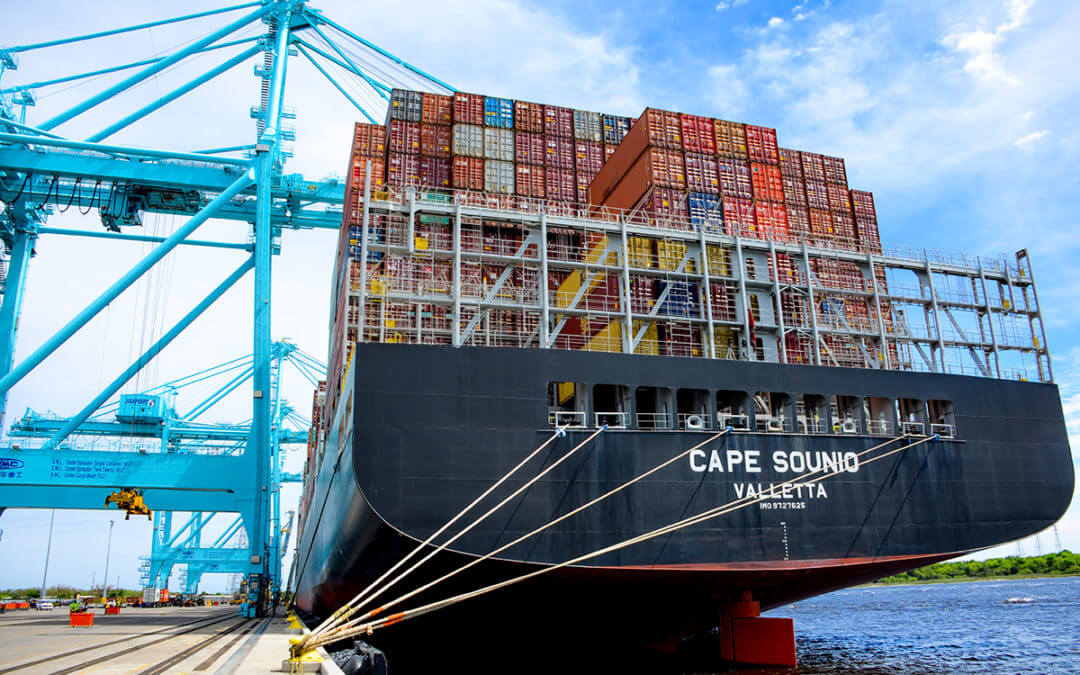Northeast Florida manufacturers grapple with tariff impacts as sector expands (Courtesy of the Jacksonville Business Journal) — As shifting tariff policies cloud the outlook for many U.S. businesses, manufacturers across Northeast Florida are weighing how best to adapt.
In Jacksonville, a wave of new manufacturing investment has built momentum in recent years, with projects such as Holon’s autonomous vehicle plant and Cosentino’s terra-cotta tile facility breaking ground. Economic development leaders say these moves reflect a broader payoff from years of strategic planning.
“I think we’ve seen a lot, and I think it’s been a very positive thing,” said Lake Ray, president of the First Coast Manufacturing Association. “I think it’s kind of the fruition of years of us as a community willing to attract companies.”
The region’s manufacturing footprint is significant — in 2022, manufacturers in Northeast Florida generated a gross domestic product of $6.95 billion, according to FloridaCommerce. Jacksonville’s industrial base spans medical equipment and supplies, aerospace products, beverage manufacturing, architectural and structural metals and converted paper products, state data shows.
Still, an increasingly volatile trade environment is presenting challenges. A new slate of tariffs authorized by President Donald Trump is intended to boost domestic production, but rising raw material costs — particularly for steel and aluminum — are pressuring local firms.
Nationally, 76.2% of manufacturers surveyed in the National Association of Manufacturers’ Q1 2025 Outlook Survey cited trade uncertainty and raw material prices as their top concern — a jump of 20 percentage points from the previous quarter and 40 points from mid-2024.
Ray said rising costs have already hit some Jacksonville-area manufacturers hard. He pointed to a local mattress producer whose raw material prices soared unexpectedly due to new tariffs.
“… there are steel products that go into the end of the mattresses, and he and I were talking a few weeks ago, and it was when this was first starting to roll, and he said, ‘I got a shipment of steel coming to me from China, it gets halfway and all of a sudden it gets slapped with a tariff,’” Ray said. “He says, ‘one thing was $5,000, but it was like (a) $50,000 impact.’ And he said, ‘you can’t absorb that.’ ”
To help companies weather the disruptions, Ray said the First Coast Manufacturing Association is increasing outreach and strategy sessions with members.
“I think that you will see some of this start to straighten out rather soon,” Ray said. “But it is a challenge, and we’re meeting with our members quite a bit, and we’re meeting with manufacturers, and we’re saying, ‘OK, what is it that we can do to navigate that?’ ”

